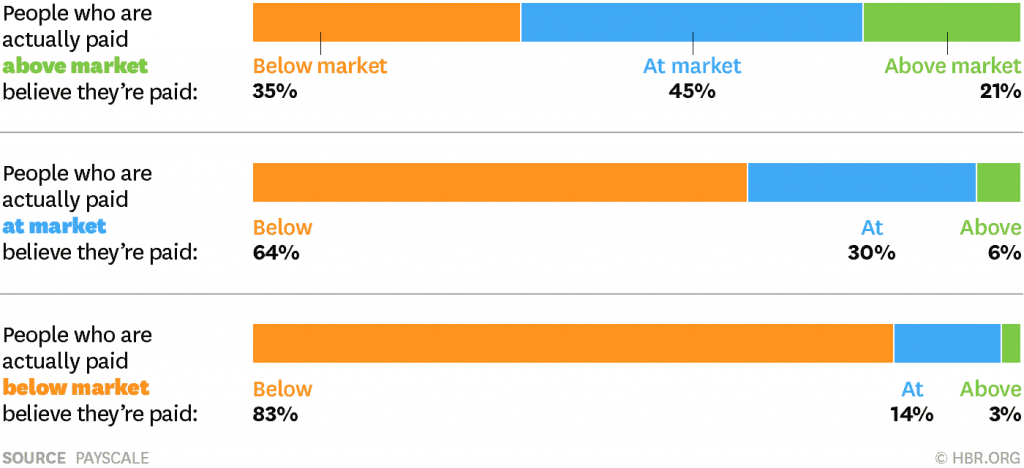
What jobs will robots take over?
March 25, 2021
What does strategic focus mean?
April 8, 2021How do you increase employee engagement?
Employee engagement is a buzzword in management circles. Creating and sustaining high levels of engagement is a result of a symbiotic relationship between employers and employees. Engaged employees are more likely to act in ways that are beneficial to the organization. In turn, employers who are committed to enhancing the well-being of their employees will foster employee engagement and successful organizations.
How do you increase employee engagement?
There are many engagement strategies and most of them focus on the softer issues of management. These include things such as leadership development programs, creating opportunities for staff to provide feedback, training and meaningful annual evaluation processes.

Thus far, organizational engagement strategies have largely avoided the issue of salary. However, recent research indicates that we should add salary to our engagement strategy bucket. “After all, a person’s primary reason for being employed is getting paid!” (Smith).
PayScale, a compensation software company surveyed 71,000 employees to study the relationship between pay and employee engagement. “The study results revealed that one of the top predictors of employee sentiment, including ‘satisfaction’ and ‘intent to leave,’ was a company’s ability to communicate clearly about compensation”. They discovered that salary has direct correlation to engagement levels (Smith).
The Salary Factor: Increasing Employee Engagement
However, the correlation wasn’t related to the amount of salary an employee received. Instead, the research revealed that the important factor is pay awareness – helping employees understand whether their pay is fair or not. In other words, the conventional wisdom of ‘pay more to keep them engaged’ was debunked. Here is a summary of what the research revealed:

This research clearly shows that most employees do not understand market salary norms. As a result, this misunderstanding becomes a means by which we become disillusioned about our work. “Pay is a crucial component of engagement because it’s not just a number; it’s an emotional measure reflecting how valued an employee feels by their employer. And it turns out, how people feel about their salary plays a huge role in how engaged they are in their work” (Smith). This study revealed that, “it is more effective for employers to compensate top talent at market value and discuss how pay was determined than to pay them more than market value and keep company compensation practices shrouded in secrecy” (Smith). Clear communication is critical!
This research teaches us that employers need to:
- Equip themselves (and their managers) with accurate data about the fair market price for their jobs
- Communicate this information to their employees. In the absence of communication, people will generally assume the worst.
- “Remember that how their employees feel about compensation matters just as much as what they’re actually being paid” (Smith).
I believe there is also a dark side to salary transparency for for some employers. While you may provide fair salaries to your middle or lower level staff, what about your C-Suite? If executive salaries are above market value then you have created an expectation that this should be true at all organizational levels.
“When it comes to having a more engaged workforce, you can’t assume that an employee’s perception about pay matches reality” (Smith). How effectively does your organization understand and communicate compensation?

Reference
Dave Smith (Oct. 5, 2015). Most People Have No Idea Whether They’re Paid Fairly. HBR online.





2 Comments
Dear Dr. Jeff,
My name is Susan Ninan and live and work in Dubai, UAE. I am a Human Resources professional and have done time on the consulting side of the practice as well as in-house. For the last 3 years and until recently, I worked as the Head of HR of a premier landscape practice, Cracknell (LinkedIn to be updated). I left that to seek a role that is more strategic, empowered, and one in which HR has the room to impact all areas of the business. Communication is the cornerstone of everything that we do in HR, and I am glad to read a piece on the impact of communication about pay on employee engagement
[…] strong correlation between pay and engagement (and engagement profoundly influences retention), but what was stronger is pay clarity. When employees understood that their compensation was fair, it increased their […]